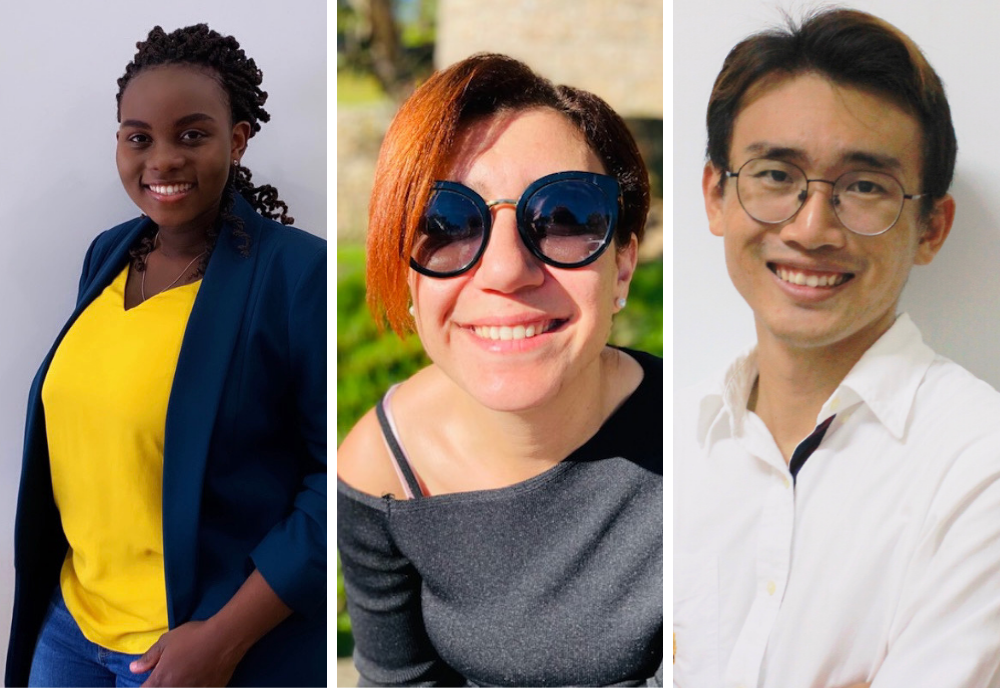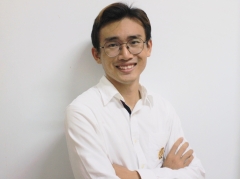Which pitch? 3 Minute Thesis finalists speed-pitch us their PhD’s
Three Business School PhD candidates and students have been selected as finalists for the UNSW 3 Minute Thesis competition. They’ll pitch their research that covers algorithmic decision-making, change communication, and longevity risk.




